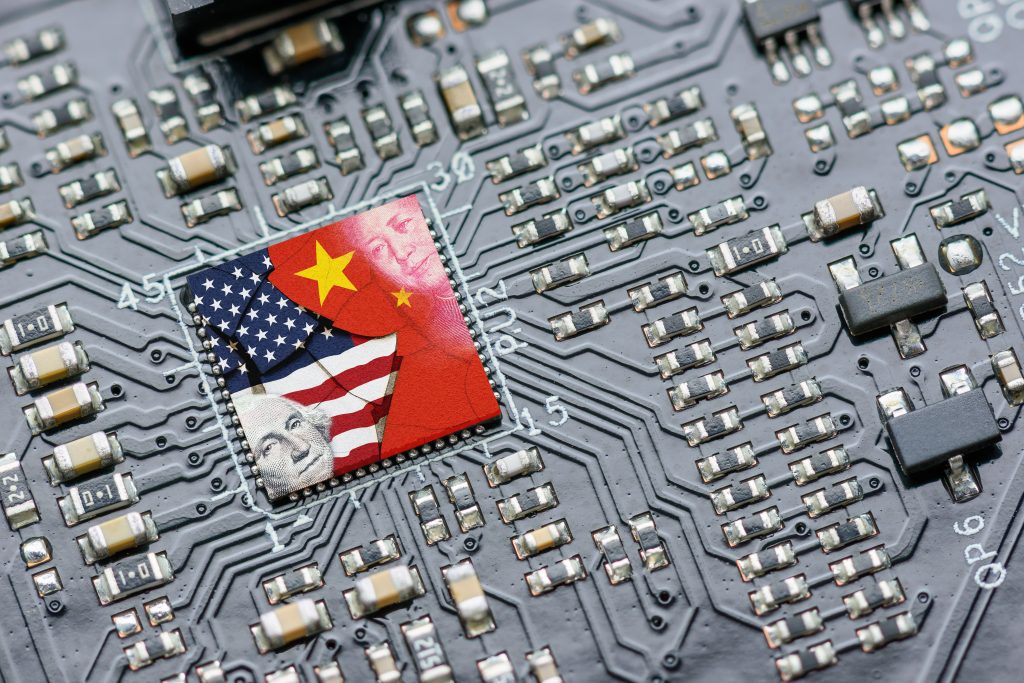China blasts tightened US chip export controls, citing impact on global industry
China criticised US chip export rules, expressing concerns over the industry’s impact. Beijing emphasises cooperation for global semiconductor industry stability and legitimate interests amid tightened regulations by Washington.

The new restrictions are part of a wider campaign by the US and its allies to stifle China’s chipmaking industry based on national security considerations.
According to a Chinese Commerce Ministry spokesperson, ‘The US has broadened the concept of national security, arbitrarily revised the rules, and tightened control measures. That has not only set up more obstacles and imposed a heavier compliance burden on Chinese and American companies who want to work together economically and in trade normally, but has also created huge uncertainty for the global semiconductor industry.’
Why does it matter?
In October 2023, the White House imposed a new export ban on advanced chips, with restrictions directly affecting US tech giants like Nvidia and AMD. Last month, Bloomberg News reported that Washington was pressing the Netherlands, Germany, South Korea, and Japan to toughen restrictions on China’s access to semiconductor technology, including high-end lithography chipmaking equipment from Dutch leader ASML. The Biden administration wants its allies to join its efforts to curb Chinese military access to its most advanced chips.
Beijing has since expressed concerns over the export rules’ global impact on chip manufacturing and supply chains, highlighted the need for cooperation in the semiconductor industry, and opposed the new US limitations.
In response to US policy and despite the additional hurdles inflicted, China has initiated a $40 billion state fund to bolster its chip sector. The recent development of an advanced 7-nanometer smartphone processor by Huawei Technologies and SMIC using ASML’s technology demonstrates strides toward establishing a self-sufficient national semiconductor ecosystem. Several Chinese semiconductor design firms have also contracted Malaysian companies to assemble high-end chips, primarily Graphic Processing Units (GPUs), to bypass the US-imposed restrictions.


